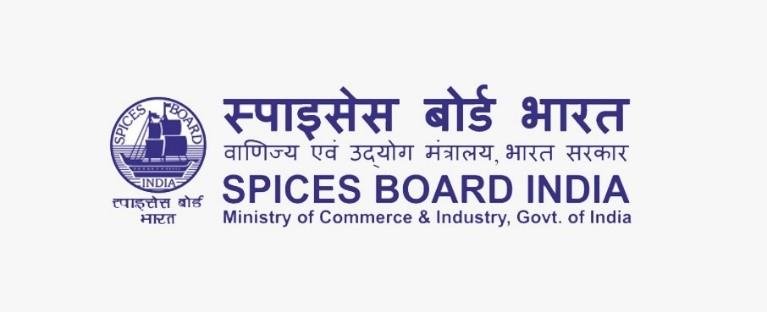
Why In News
- The Codex Committee on Spices and Culinary Herbs (CCSCH) convened for its seventh session in Kochi, India, from January 29 to February 2, 2024. CCSCH7 was this committee’s first in-person meeting following the Covid-19 pandemic.
- 31 nations were represented by 109 representatives at the meeting.
About Codex Committee on Spices and Culinary Herbs
- Context:
- The Indian representatives had urged the creation of a special Codex Committee on culinary herbs and spices. This was required to guarantee consistency and openness in establishing international quality standards for formulations, herbs, and spices.
- Founded:
- Under the Codex, it was founded as one of the Commodity Committees. the 2013 Alimentarius Commission (CAC).
- Secretariat:
- Spices Board of India has been the secretariat institution for this esteemed Codex Committee from its founding.
- Seventh session outcome:
- Five spices (small cardamom, turmeric, juniper berry, allspice, and star anise) had their quality requirements finalized.
About codex Alimentarius commission
- Establishment and Objective:
- The Codex Alimentarius Commission (CAC) was established jointly by the Food and Agriculture Organization (FAO) and the World Health Organization (WHO) in May 1963.
- Its primary objective is to protect consumer health and ensure fair practices in food trade by developing international food standards.
- Recognition by WTO SPS Agreement:
- The Agreement on Application of Sanitary and Phytosanitary Measures (SPS) of the World Trade Organization (WTO) recognizes Codex standards, guidelines, and recommendations as reference standards for international trade and trade dispute settlement
- This recognition underscores the importance of Codex standards in facilitating global trade and resolving trade disputes related to food safety and quality.
- Membership:
- Currently, the Codex Alimentarius Commission comprises 189 Codex Members.
- These members include 188 Member Countries and 1 Member Organization, which is The European Union.
- India became a member of the Codex Alimentarius in 1964, demonstrating its commitment to international cooperation in setting food standards and ensuring consumer protection.
- Role and Impact:
- Codex standards play a crucial role in harmonizing international food standards and promoting food safety and quality.
- By adhering to Codex standards, countries can enhance the safety and quality of their food products, thereby fostering consumer confidence and facilitating trade relationships.
- Codex standards also provide a basis for regulatory frameworks at the national level, guiding policymakers in developing effective food safety regulations.
- India’s Participation:
- India’s membership in the Codex Alimentarius Commission reflects its commitment to global food safety and trade standards.
- As a member, India actively participates in Codex meetings, contributes to the development of international food standards, and aligns its national regulations with Codex standards.
- India’s involvement in Codex initiatives underscores its role as a responsible stakeholder in the international food community, promoting cooperation and collaboration in addressing food safety challenges.
About the Spice Board of India
- Established: The Spices Board Act of 1986 gave rise to the creation of this legislative organization.
- Mandate: Its duties include developing and producing cardamom and promoting the export of the 52 spices listed in the Act’s schedule.
- Headquarter: Kochi serves as the board’s headquarters.
The board’s Kochi headquarters is home to a cutting-edge testing facility. - Regional labs can also be found at Tuticorin, Kandla, Guntur, Mumbai, Chennai, and Delhi.
FAQs
Q1 : What function does the Commission for Codex Alimentarius have?
Ans : The World Health Organization (WHO) and the Food and Agriculture Organization (FAO) collaborated to create the Codex Alimentarius Commission (CAC), an international authority that sets food standards, in May 1963 with the goal of safeguarding consumer health and guaranteeing ethical food trade practices.
Q2: What is another name for the Codex Alimentarius?
Ans : The Codex Alimentarius Commission adopted a set of standards, guidelines, and codes of practice known as the “Food Code,” or Codex Alimentarius.
Q3: What is the role of Spice Board in India?
Ans : The Board’s main responsibilities are the growth of both small and large cardamom, as well as the promotion, development, regulation, and quality control of spice exports. Under the Indian Cardamom Research Institute, the Spices Board also conducts research on cardamom, both small and large.
Can you be more specific about the content of your article? After reading it, I still have some doubts. Hope you can help me.
Your point of view caught my eye and was very interesting. Thanks. I have a question for you.